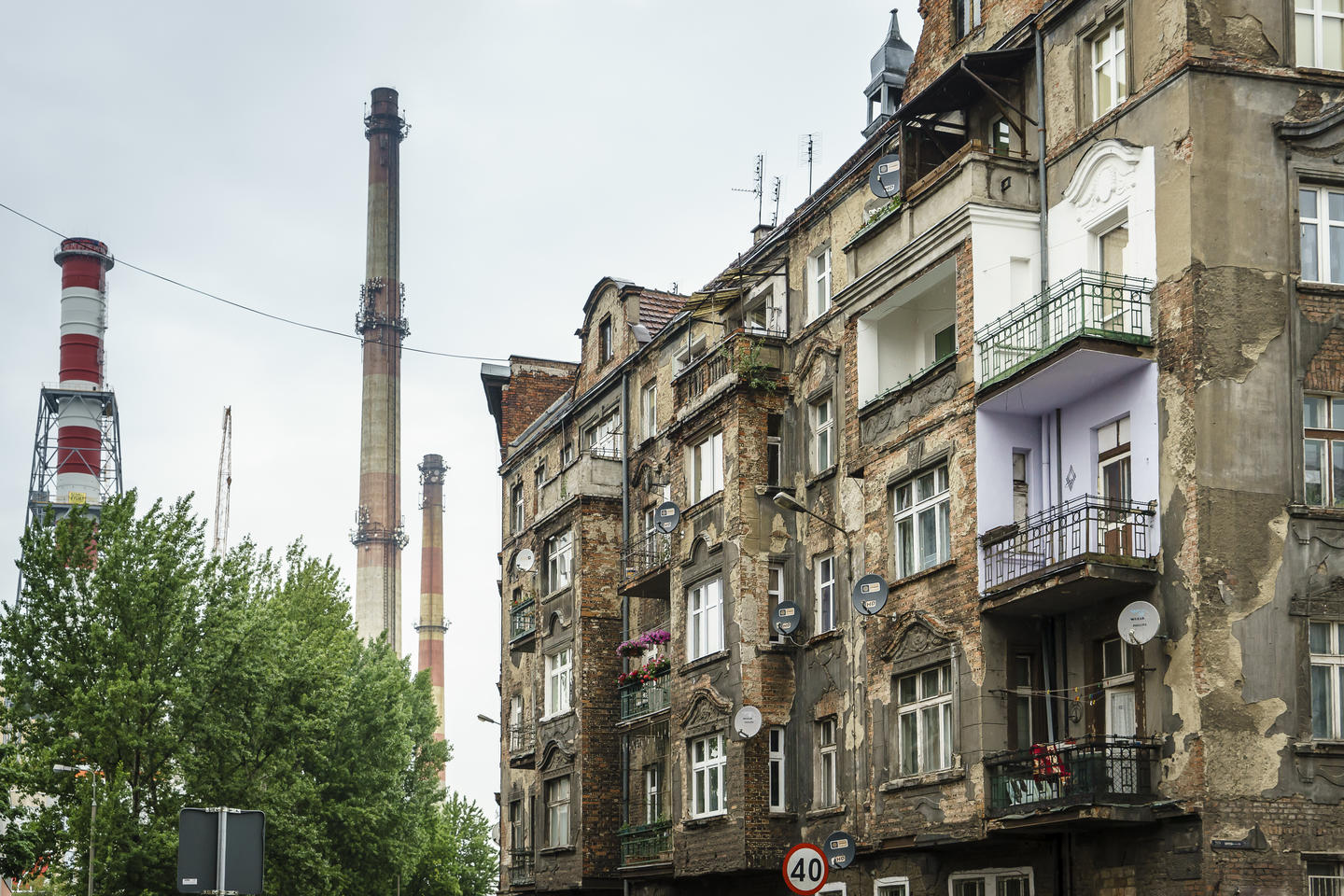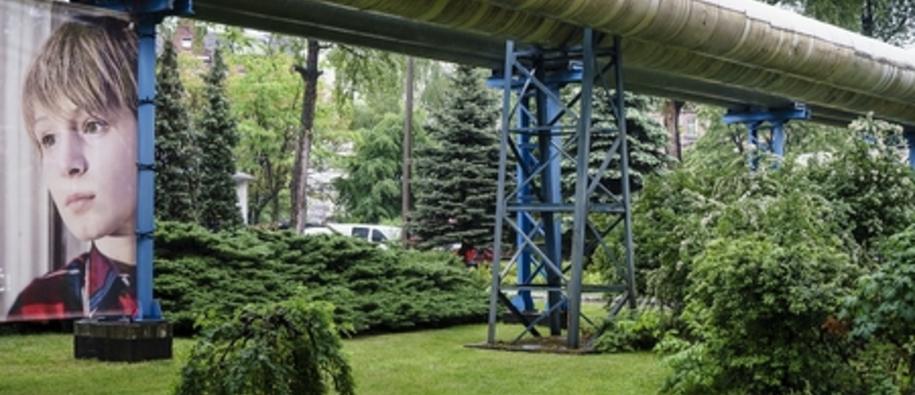The heat and power plant Kogeneracja S.A. produces electricity and provides heating for 60 per cent of Wrocław's more than 600 000 inhabitants. EU environmental legislation requires the coal and biomass powered plant to reduce its emissions.
By installing a new filter system, the sulphur dioxide (SO2) and dust emissions will be reduced significantly. The desulphurisation system is partly funded by Norway Grants with a grant of €4.76 million. When the new installation is finalised later this year, the reduction of SO2 emissions from this plant will be 3200 tonnes per year. This is equivalent to almost 20 per cent of the total Norwegian SO2 emissions for 2013.
Cleaner air
As a result of the installation of the new filter system, the acid rain locally and regionally will be reduced and the air quality will improve – benefiting both the environment and the inhabitants of Wrocław and in the wider region.This is contributing to improving lives as long-term exposure to air pollutants such as dust and SO2 may lead to respiratory diseases and premature death.
“As a student, I spent some time in Norway and experienced the clean air there. My vision is to contribute to cleaner air in Poland,” said Marek Salmonowicz, technical director of Kogeneracja S.A. and a member of the management board.
Wrocław in western Poland is the country's fourth largest city. It is located about 100 km from the border with the Czech Republic and less than 200 km from the border with Germany.
See more photos from a visit to the heat and power plant in Wrocław.
Reducing industrial emissions in Poland
The project is one of several projects under the ‘Saving Energy and Promoting Renewable Energy Sources’ programme contributing to reduce industrial emissions of CO2, SO2, NOx and hazardous in Poland.
Read more about the ‘Saving Energy and Promoting Renewable Energy Sources’ programme


